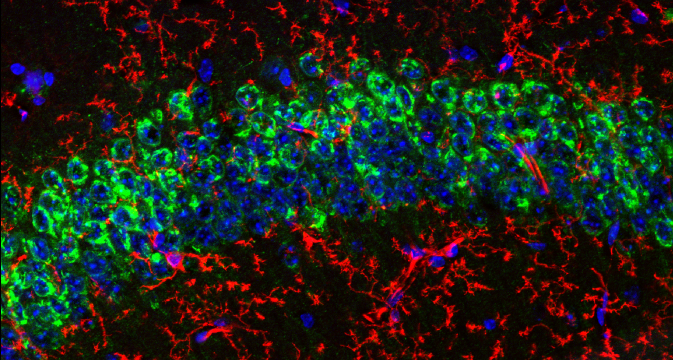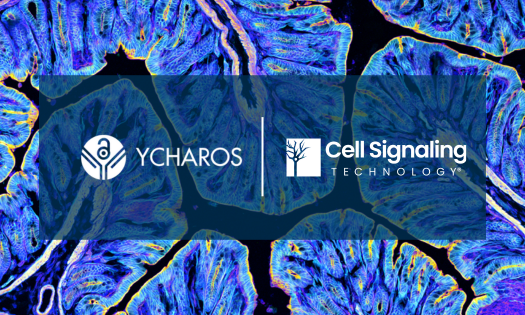Cell Signaling Technology (CST) is proud to announce a plan to reduce our greenhouse gas (GHG) emissions to meet voluntary targets set by the 2015 COP21 Paris Climate Accords. As a company with a longstanding commitment to the environment through support of conservation, philanthropy, energy management, and sustainable packaging, we wanted to take independent action to meet COP21 climate targets. CST adopted these measures in November 2016 at a CST global leadership meeting that happened to coincide with the COP22 UN Climate talks in Marrakech, Morocco.
The 2015 Paris Climate Accords were significant because they stemmed from the first meeting of the 195 nations where there was unanimous support for robust GHG reductions in an effort to prevent a global temperature rise of 2°C. While the COP21 was a landmark for global recognition of the pressing dangers of climate change, and a monumental victory in terms of a united global action plan to combat GHG emissions, the process of actually reaching these climate goals requires a significant commitment from political leaders, national and local governments, and implementation in the private sector.
Since these are voluntary measures intended to limit our GHG emissions, there isn’t exactly a blueprint to follow, so our Sustainability and Corporate Social Responsibility team first turned to benchmarking from climate goals listed by biopharma companies named in the UN NAZCA (Non-State Actor Zone for Climate Action). With a better understanding of what actions are being taken by companies in this sector, we then researched the U.S. government’s 2015 climate action plans to see how a larger goal could be reached through compounding annual reductions.
Our research into the climate goals established by the Obama Administration, as well as the action plans by biopharma companies led us to set a goal of 3% GHG reduction every year until 2025. This goal aligns with the UN’s Science-Based Targets initiative. In addition, the World Wildlife Fund endorses the “3% Solution” as a program to help large companies work together to reduce CO2 by 1.2 gigatons from 2010 levels. This 1.2 gigaton reduction by 2020 is an essential benchmark to meet the COP21 goal of keeping global climate change under 2°C. Continuing these annual reductions up to 2025 will extend our climate commitment, and falls in line with 10-year sustainability targets that CST is currently establishing for our utilities consumption, waste stream management, and transportation profile.
To meet the 3% goal, CST will need to reduce our energy consumption by 215,070 kWh (kilowatt-hours), which would result in 135 metric tons of CO2 being kept out of the atmosphere. Our sustainability team has identified several projects and means to reach this energy target, from facilities-wide changes to HVAC and lighting, to greening business operations, and even funding alternative energy projects. In 2017, we hope to meet nearly 75% of our energy savings goal through the installation of LED lighting in our Beverly, MA production facility. This is a project that will be partially subsidized by our electricity supplier due to efficiency regulations, as LED lighting lasts an estimated 50,000 hours compared to a bulb life of 6,000 hours for standard compact fluorescents. To bridge the gap for the full 215,070 kWh of energy savings, CST intends to purchase Renewable Energy Certificates (RECs), to achieve the remaining emissions needed to reach our 2017 goal.
Once our 2025 sustainability goals become more clearly defined, we hope to take even bolder steps by funding more energy conservation initiatives and transitioning away from fossil fuels. Moving forward to reach higher levels of sustainability to reduce our company’s carbon footprint will require more company resources and greater employee participation. We believe the decision for CST to take action aligned with the 2015 COP21 Paris Climate goals is a step in the right direction for future generations and our planet as a whole. Furthermore, we look forward to seeing other biopharma companies, as well as, the private sector take the lead on this crucial issue that impacts us all.
“Coming out of Paris, we need 100% participation by the private sector. We must increase the pace and ambition of corporate sustainability as the risks and opportunities are now even more apparent. We must continue the solidarity and unity that has brought the global community together in order to move from negotiations to implementation and create the world that we want to live in.”
- Lise Kingo, Executive Director UN Global Compact
https://www.unglobalcompact.org/news/2751-12-12-2015









